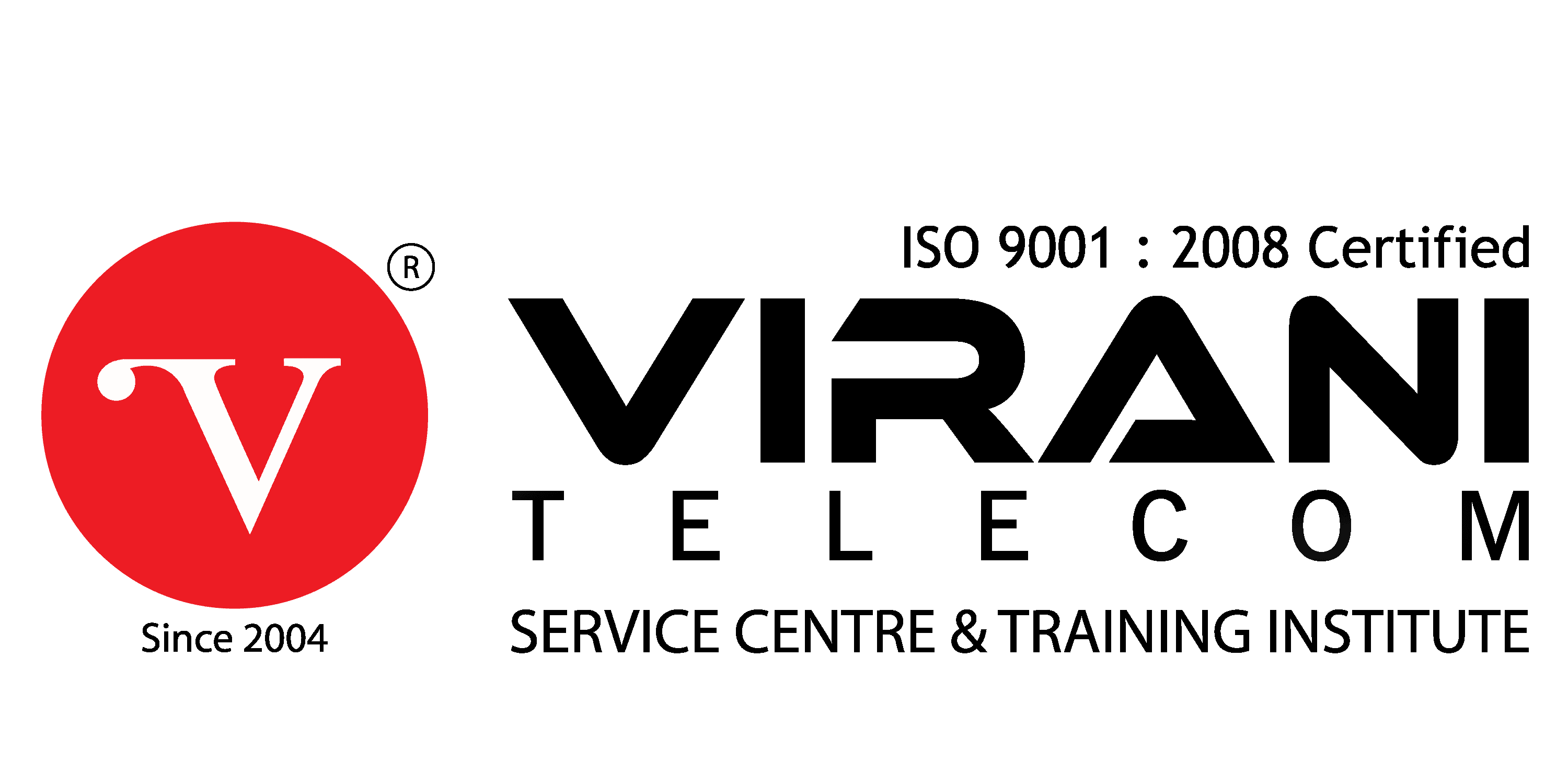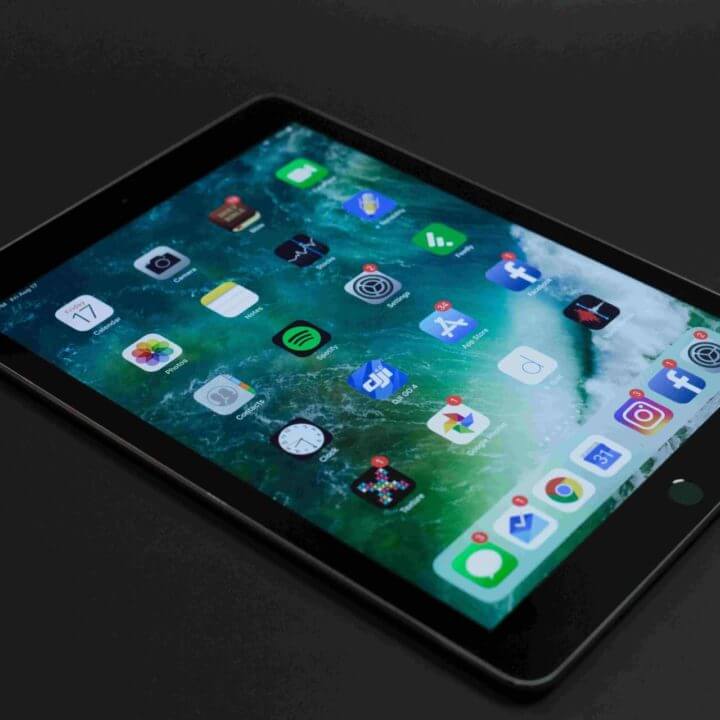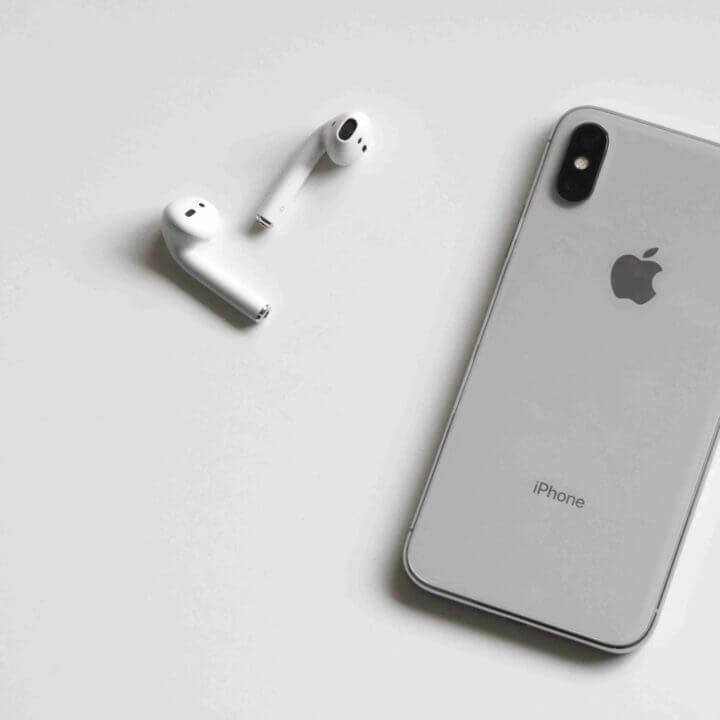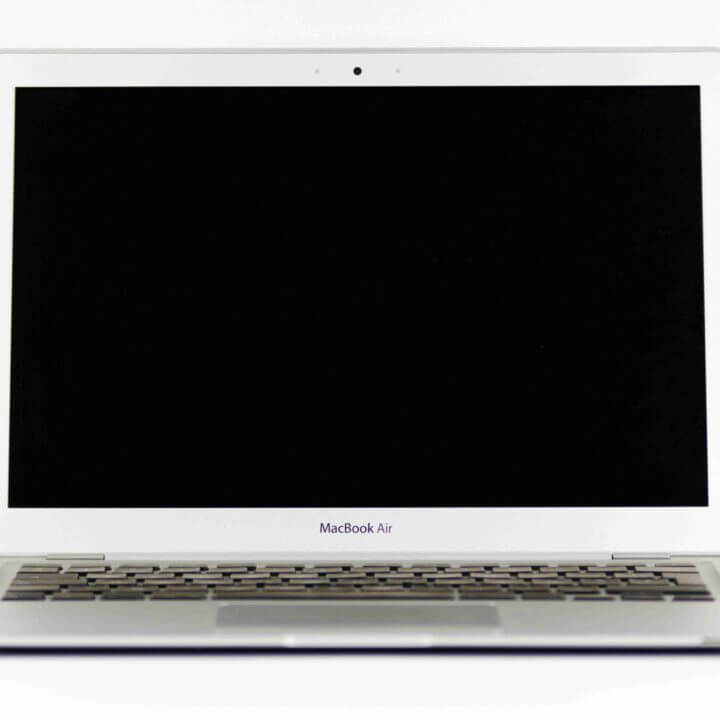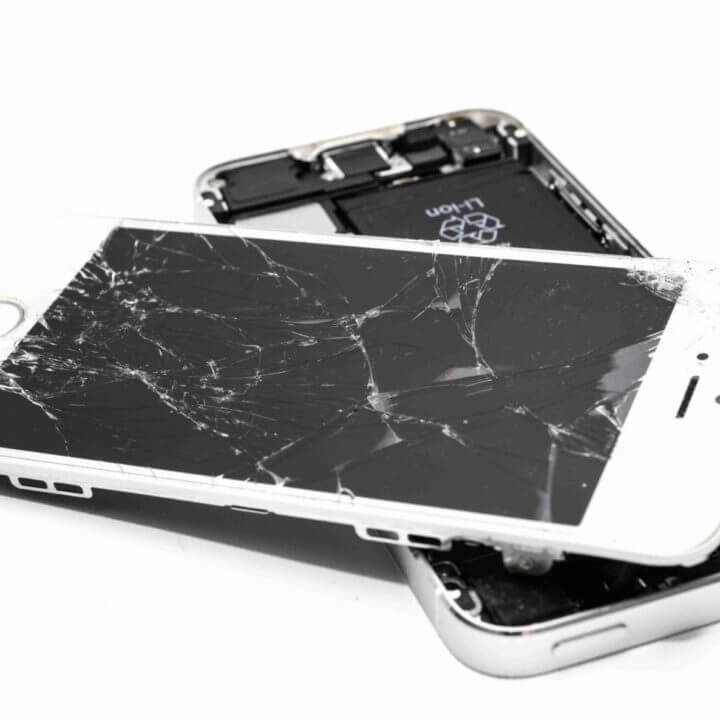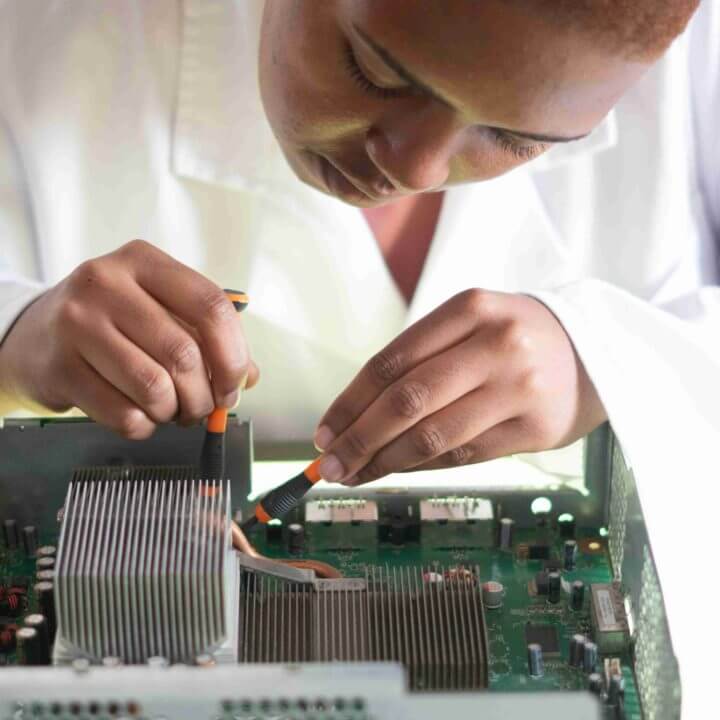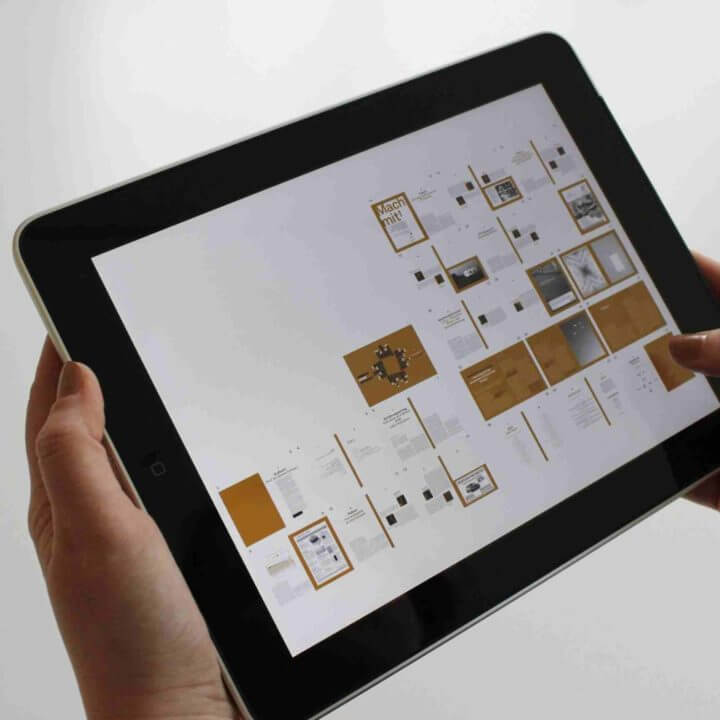8 Tips to Keep your computer secure at home
Keep your computer secure at home
Keeping your computer secure helps you avoid malware and hacking attacks designed to steal your personal information. Learn the 8 ways you can help reduce your online risk when you use your computer at home.
- Use a firewall
Turn on your windows firewall. Windows 10 and 8.1 have built-in firewalls go to settings and turned them on to secure your computer systems.
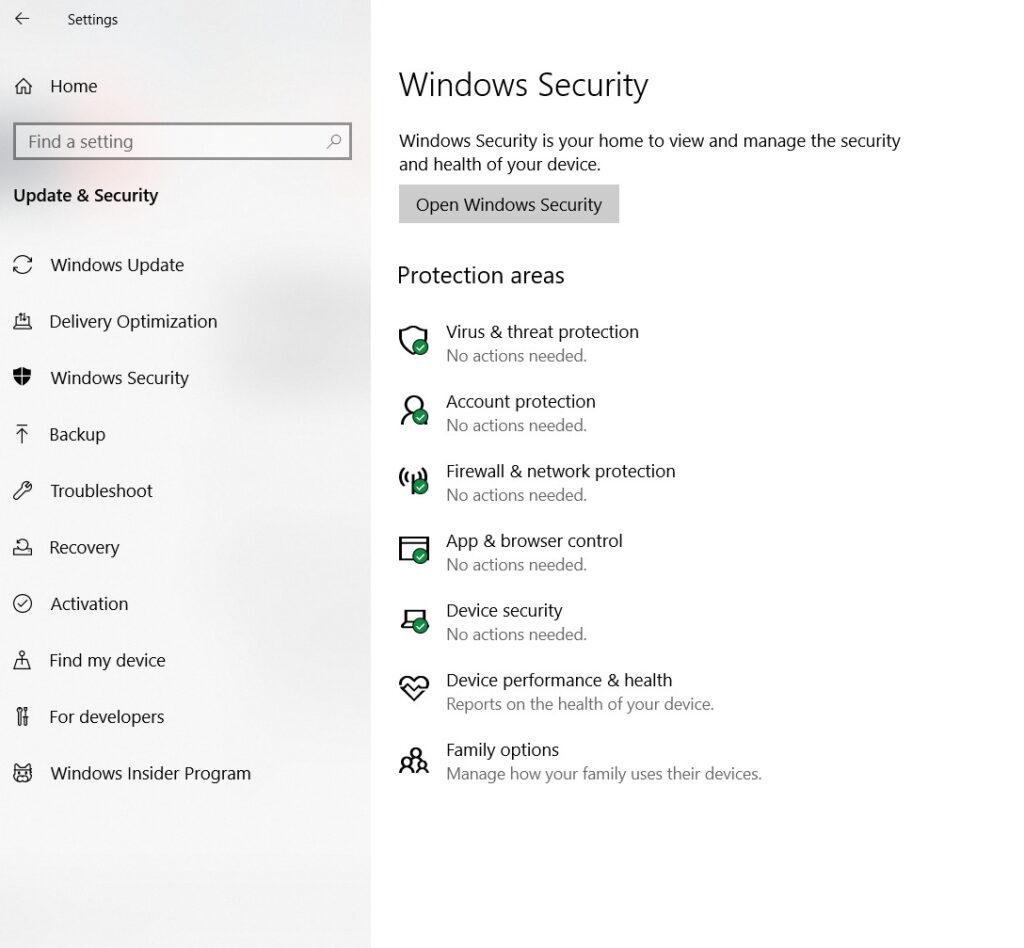
- Keep all software up to date
Make sure to turn on automatic updates in Windows Update to keep Windows, Microsoft Office, and other Microsoft applications up to date. Turn on automatic updates for non-Microsoft software as well, especially browsers, Adobe Acrobat Reader, and other apps you regularly use.
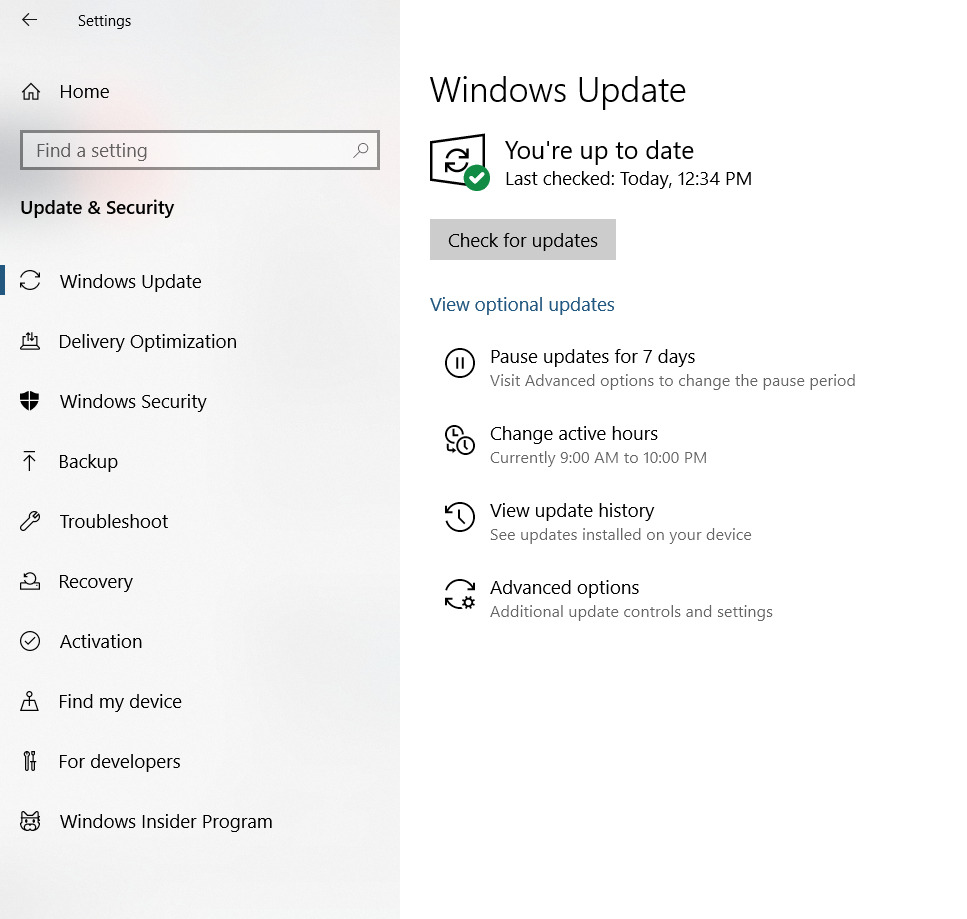
- Use antivirus software and keep it current
If your operating systems running Windows 10 or Windows 8, you have Windows Security installed or Windows Defender Security Center already installed on your device. You can use third-party security apps like Quickheal, Mcafee, Bit Defender, and Kaspersky for the safety of your home computers. - Make sure your passwords are well-chosen and protected
Make your password strong enough that hackers unable to crack that here are some basic tips to follow to create a strong password. - Use antivirus software and keep it current
If your operating systems running Windows 10 or Windows 8, you have Windows Security installed or Windows Defender Security Center already installed on your device. You can use third-party security apps like Quickheal, Mcafee, Bit Defender, and Kaspersky for the safety of your home computers. - Don’t open suspicious attachments, Emails, PDF’s or click unusual links in messages.
They can appear in the email, tweets, posts, online ads, messages, or attachments, and sometimes disguise themselves as known and trusted sources. Keep an eye before opening such unverified files or emails do scan before opening such files to check for malware.
- Browse the web safely
Avoid visiting sites that offer potentially harmful content. Many of these sites install malware on the fly or offer downloads that contain malware. Use a modern browser like Microsoft Edge, Google Chrome, and Mozilla Firefox which can help block malicious websites and prevent malicious code from running on your computer.
- Stay away from pirated material
Avoid streaming or downloading movies, music, books, or applications that do not come from trusted sources. They may contain malware.
- Do not use USBs or other external devices unless you own them
To avoid infection by malware and viruses, ensure that all external devices either belong to you or come from a reliable source or scan with third party antivirus before opening any such devices.
